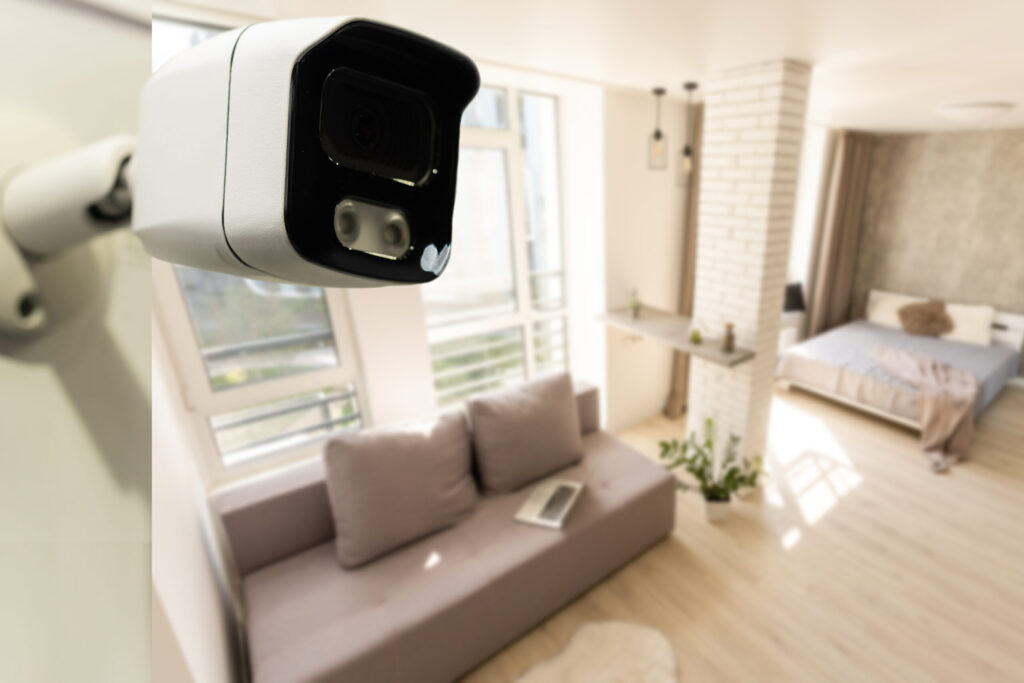The Benefits of Installing IP Cameras for Security
When it comes to safeguarding property and people, leveraging technology is indispensable. Among the wide array of security tools available, IP cameras stand out as a robust solution. They offer a wealth of benefits that range from superior image quality to remote access, making them an ideal choice for security. Understanding the myriad advantages of IP camera systems can guide you in enhancing your security strategy. Below, we delve into the key benefits of incorporating this technology into your safety measures.
Enhancing Overall Security With IP Cameras
In the era of digital technology, the importance of real-time monitoring cannot be overstated. IP cameras offer this capability by transmitting footage over a network, allowing for virtually instant access to live streams. This feature is invaluable for security personnel who need to maintain constant vigilance over the premises they are tasked with protecting.
The versatility of an IP camera system is another important aspect. Unlike traditional analog cameras, they can be integrated with other smart building systems. This holistic approach to security management can provide insights beyond breach prevention, from tracking foot traffic for business analytics to managing resources more efficiently.
With superior encryption technology and the ability to establish a secure connection to the network, IP cameras also add another layer of cyber security to the security mix. The safeguarding of digital data is just as critical as the physical security of assets, making it crucial for cameras to be resilient against cyber threats.
Remote Accessibility
The rise of mobile workforces and the need for on-the-go management have made remote accessibility a pivotal factor in security. IP cameras offer the flexibility to monitor feeds from any internet-connected device, such as smartphones, tablets, or computers. This means that stakeholders can stay informed about security matters from anywhere in the world.
Remote access also facilitates quicker response times in emergencies. If an alert is triggered, personnel and authorities can instantly view the camera feed to assess the situation and act accordingly. This immediate situational awareness can be the difference between averted incidents and costly damages.
For businesses with multiple locations or sprawling campuses, the remote capabilities of IP cameras provide a streamlined way to keep an eye on all areas. Centralized control means that security operations can be carried out from a single location, reducing the need for extensive on-site security staffing.
The Impact of High-Resolution
One aspect where IP cameras outshine their analog counterparts is in the realm of video quality. High-resolution video provides clear and detailed images, making it easier to identify individuals and observe actions. This level of clarity is critical when footage needs to be reviewed for investigative purposes or as legal evidence.
Advanced optics in these cameras allow for greater digital zoom capabilities without significant loss of image quality. This enables security personnel to focus on minute details that could be missed by lower-resolution cameras, such as license plate numbers or facial features.
Fine details aren’t just valuable after an event has occurred; they can also enhance real-time security operations. High-resolution footage helps operators spot suspicious behavior and track individuals across different camera feeds with greater accuracy.
Scalability and Flexibility of IP Security Systems
A significant advantage of IP cameras is their scalability. As organizations grow, their security needs evolve, and with IP technology, adding more cameras to the network is straightforward. This adaptability ensures businesses can expand their network as their operations expand without overhauling the entire system.
Furthermore, unlike analog systems, IP cameras are not bound by a fixed number of physical ports on a recording device. You can integrate as many cameras as the network can handle, which is especially beneficial for large-scale deployments or for companies that foresee continual growth.
Flexibility is also seen in the variety of IP camera designs available, from covert models to robust outdoor units. This range allows for tailored security solutions, such as discrete cameras in sensitive areas or weatherproof options in exposed locations. The modularity of the system means it can be customized to the unique demands of each environment.
Implementing an IP camera system in your security setup can significantly upgrade your monitoring capabilities and organizational efficiency. With advantages ranging from superior image quality and remote access to system flexibility, the investment in this technology provides both immediate and long-term value.
